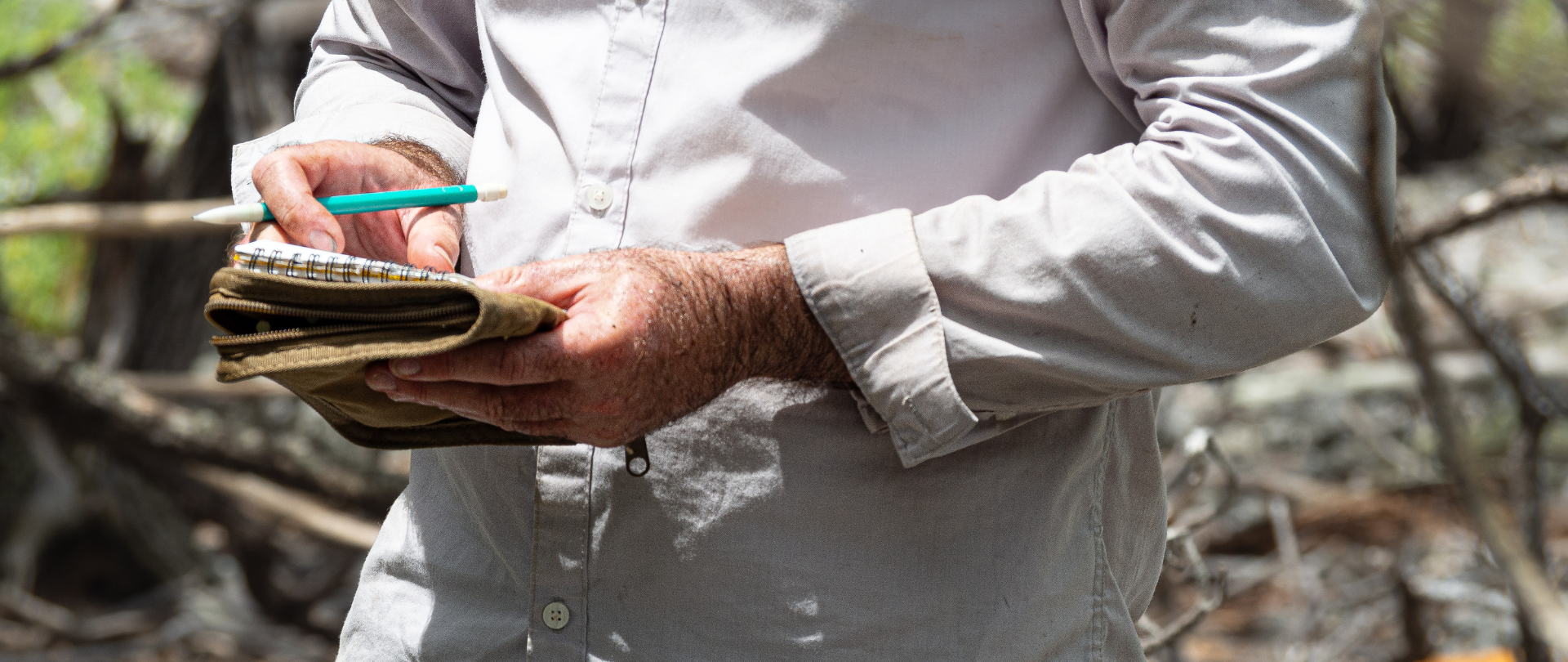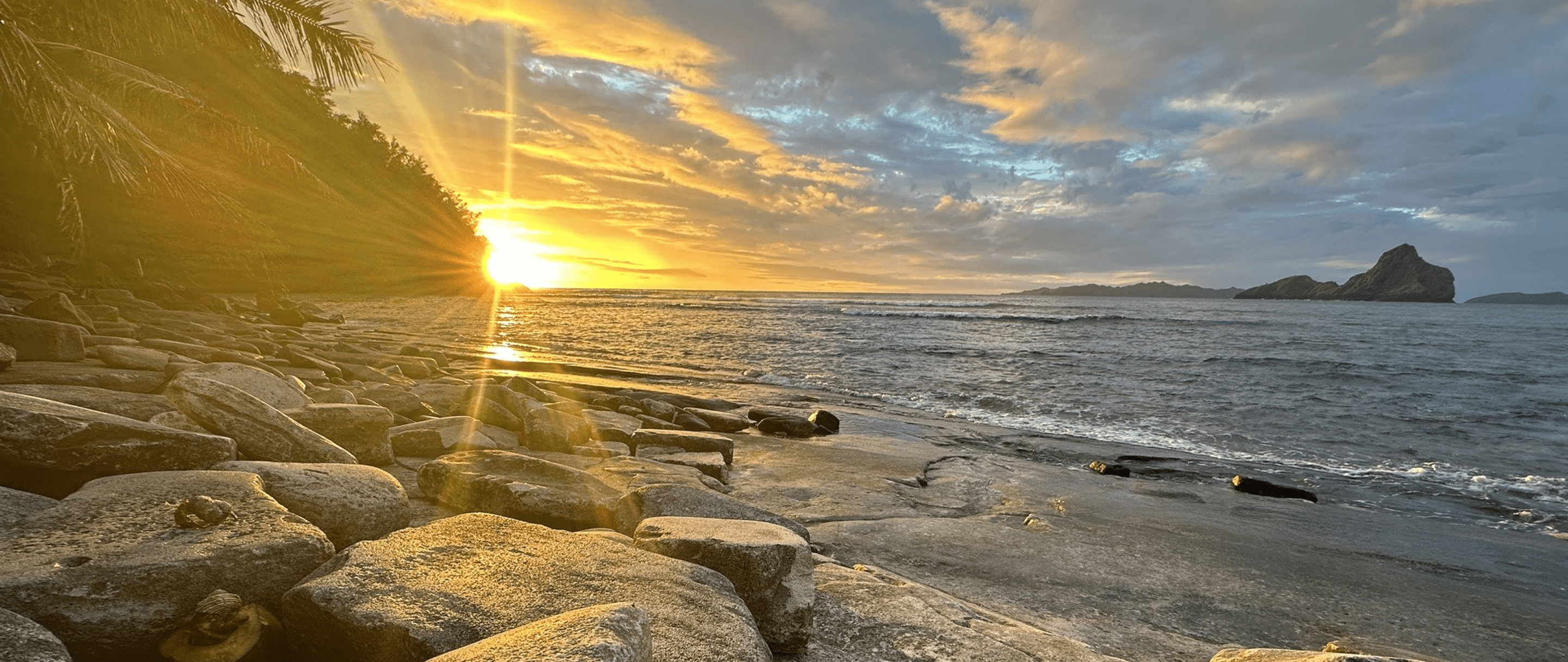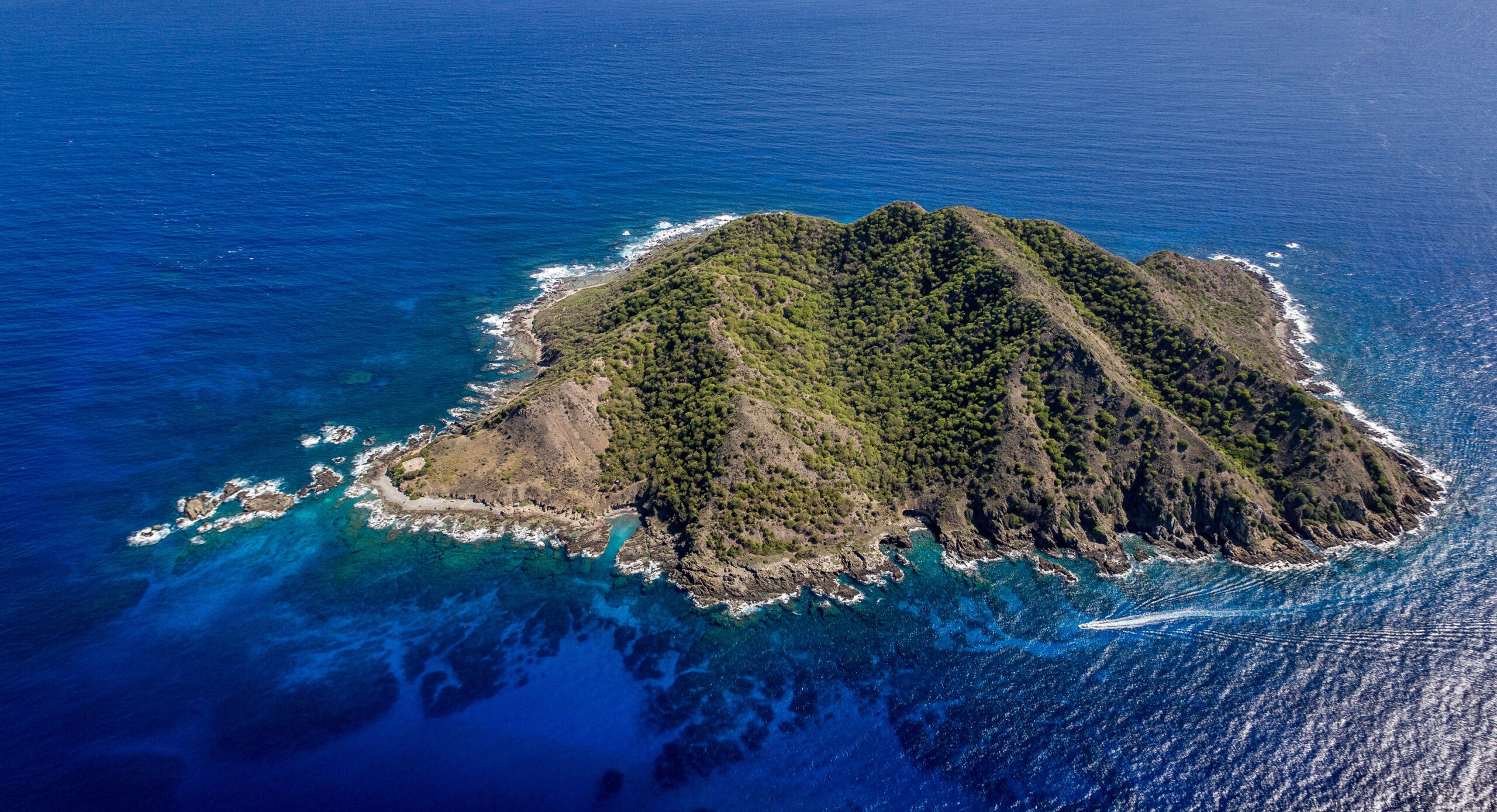New Paper Demonstrates Quality of eDNA Monitoring for Conservation
Groundbreaking research has the potential to transform the way we monitor invasive species on islands!
Our new online shop is live!
Published on
March 24, 2016
Written by
Island Conservation
Photo credit
Island Conservation

National Geographic recently covered a study on the impacts of invasive species eradication on biodiversity. The study, conducted by 30 scientists, one of them Island Conservation’s Director of Science Nick Holmes, appears in the Proceedings of the National Academy of Sciences and Global Ecology and Conservation. The study found 596 populations of 236 native species on 181 islands benefited from these eradications.
These islands are a particularly forgotten part of the world, with a great story and history to tell.
The publication shows clearly that invasive species eradication from islands benefits native island plants and animals.
Featured Image: Seychelles Magpie Robin. Photo: Peter Kappes. Seychelles Magpie Robins moved to a lower extinction risk category following conservation efforts including reintroduction to five islands following mammal removal.
Check out other journal entries we think you might be interested in.

Groundbreaking research has the potential to transform the way we monitor invasive species on islands!

Ann Singeo, founder of our partner organization the Ebiil Society, shares her vision for a thriving Palau and a flourishing world of indigenous science!

This historic agreement aims to protect the marine and coastal areas of the Southeast Pacific.

Our projects to restore key islets in Nukufetau Atoll forecast climate resilience and community benefits in Tuvalu!

Endangered Polynesian storm-petrels returning to Kamaka Island, French Polynesia within one month of social attraction tools being deployed. Polynesian storm-petrels have not been recorded on Kamaka Island for over 100 years due to invasive rats. These seabirds are able…

Our new branding and website support our vision of a world filled with vibrant biodiversity, resilient oceans, and thriving island communities!

Audubon's Shearwaters are nesting on Desecheo Island for the first time ever! Read about how we used social attraction to bring them home.

Island Conservation and partners have published a new paper quantifying ecosystem resilience on restored islands!

Climate Week NYC: what is it and why is it important? Read on to find out why Island Conservation is attending this amazing event!

With sea levels on the rise, how are the coastlines of islands transforming? Read on to find out how dynamic islands really are!